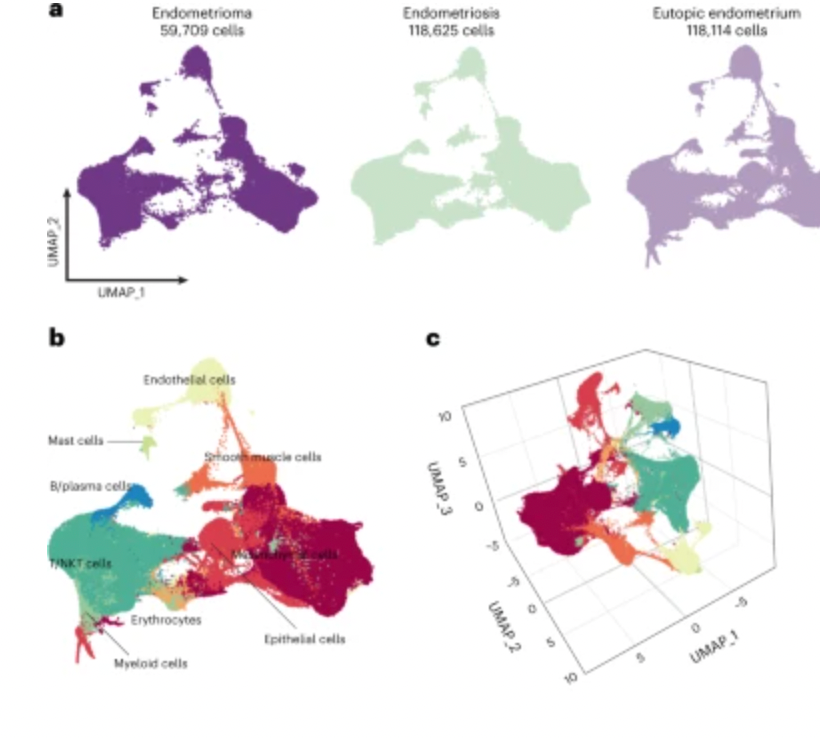Fusobacterium infection facilitates the development of endometriosis through the phenotypic transition of endometrial fibroblasts
- kim6691
- May 8, 2024
- 1 min read
Updated: May 9, 2024
Type: Article
Published: June 14, 2023
Journal: Science Translational Medicine
Image: BioRender
Key Takeaways:
Researchers demonstrated a pathogenic role of Fusobacterium in the development of ovarian endometriosis.
64% of patients with endometriosis but <10% of controls were found to have Fusobacterium in the endometrium.
TGF-β signaling resulting from Fusobacterium infection led to the transition from quiescent fibroblasts to transgelin (TAGLN)-positive myofibroblasts, which gained the ability to proliferate, adhere, and migrate in vitro.
Antibiotic treatment largely prevented the establishment of endometriosis and reduced the number and weight of present lesions in the mouse model.



Comments